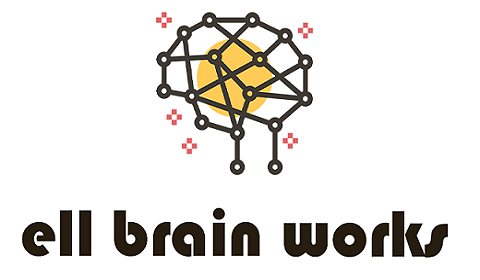What do you do when you have multiple loans to pay off by the end of a given tenure, with different interest rates and schedules in mind? The process can be incredibly overwhelming, and the chances of defaulting and missing payments are high when juggling several debts simultaneously.
Generally, I recommend debt consolidation to pay off all of these dues through a single loan. However, that’s not the only option available to you. Refinancing is also a viable option for changing the terms of your previous loan.
So, I will walk you through both loan consolidation and refinancing as two financial strategies for your debt elimination.
What happens during debt consolidation?
Let’s say you have taken a loan from banks A, B, and C with different tenures and interest rates. In a consolidation process, you can combine them into a single loan by borrowing money from Bank D, which gives you a lower interest rate. Now, with the loan from D, you can close the debts in A, B, and C, and you’ll only have to repay D as your creditor through EMI.
While this format combines all your debts into a single loan with one interest rate, it does not necessarily mean you will save money. You still have to pay back all the funds that you owe. Further, there might be operational fees, maintenance fees, and other charges that you should clarify with your bank or lender.
You might prefer debt consolidation in the following cases:
- If you can repay your debt in due time
- If you’d instead protect your credit score
- If you can qualify for a low annual percentage rate on a personal loan
What happens during refinancing?
This is essentially the process of changing the terms of your previous debt. This is done by taking out a new loan or financial product with different terms to pay off the first one. Here’s how it works. A house mortgage is one of the most common types of refinancing.
Also known as a ” rate and term” refinance, this is where you take on a new mortgage to eliminate the previous one. In the new one, you make sure you get a lower interest rate than the original, which helps you save money. Being on the lookout for falls in the interest rate is crucial for borrowers who plan on refinancing.
Paying attention to market fluctuations, the financial cycle, and real estate stocks can help you determine and predict the next fall in interest rates.
However, this may reduce the equity of the house that you own. Further, depending on the new tenure, you might pay more over a longer period, even at a lower interest rate. Alternatively, you have to pay a greater EMI with a shorter tenure.
You might want to choose refinancing if:
- If you aim to get a more suitable loan term
- If you’re trying to reduce your overall payments
- If you want to change your mortgage terms
Final Thoughts
Depending on your aims and financial situation, debt consolidation and refinancing might be viable options. Here, I advise that you figure out the purpose of your new loans. If you want to pay off multiple loans at once, debt consolidation might be what you’re looking for.
Alternatively, refinancing might be more handy if you’re looking for new loan terms. It’s your financial condition that determines whether it should be loan consolidation or refinancing that you should opt for.
Hopefully, I have shed some light on the two strategies so you can make an informed choice about your finances.


